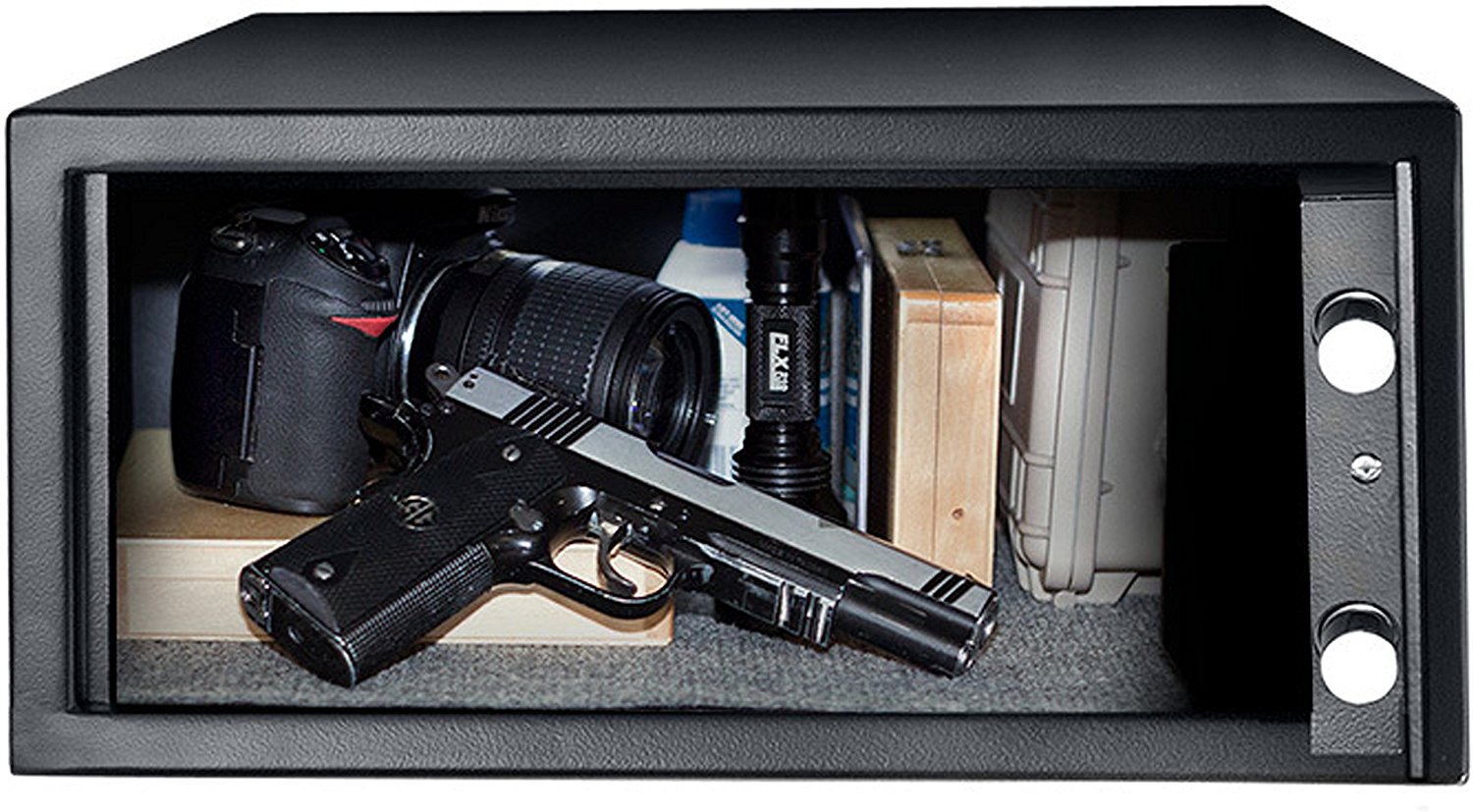
Safe gun ownership is a critical subject that is particularly important in our nation. A 2017 survey made in 2017 states found that there is at least one firearm in 42% of American households, regardless of the size or caliber. In fact, the U.S. is number one worldwide regarding in the number of firearms per capita.
When you think about buying and using a handgun or a rifle, whether it’s for hunting or just personal safety, you should consider some things first. First of all, any felony, violent crime and certain other mishaps will prevent your becoming a legal gun owner. Some states require a “permit to purchase” a firearm.For the majority of states that don’t require a “permit to purchase”, you’ll just need to fill the BATFE 4473 form, do pass a background check,and you can call yourself a gun owner.
Most gunowners in the U.S. are males (62%), whilst 22% of women own a firearms. Firearms that are suitable for women to carry may need to be smaller in order to fit in the female hand or a purse.
Once you are a gun owner,there are some vital safety measures that you’ll need to follow. It is obvious that guns can kill or injure, so following some simple rules will get keep you out of trouble for your own and others’ sakes.
The classic Four Rules of Gun Safety Colonel Jeff Cooper taught are the foundation. Here are my takes on them:
Make sure your firearm is unloaded when you are not shooting
Never point your gun at anything you would not shoot in case of an unintentional discharge.
When a revolver’s cylinder is empty, it can’t fire. But even if the magazine is out of a semi-automatic, you still cannot know if a round may still be loaded in the chamber. So be sure to rack the slide to ensure that it is empty. Then you can be sure that the gun is safe to store.
Treat every firearm as if it is loaded
Do not ever point the gun at something you are not willing to shoot. Even if it is intended as a joke, pointing a gun at anyone is NO joke.
Always keep your gun clean and check it frequently so that you don’t get dust or dirt inside. Guns can jam or misfire if they are dirty and, rarely, can even explode if the barrel is totally jammed. If you’re not sure how to clean the weapon thoroughly properly, ask for assistance from someone who knows how. And always ensure it is unloaded before cleaning.
Always be sure that you’re using the ammo designed for the gun you own, as some rounds can appear identical but can damage the gun if not intended for it.
Trigger discipline
Trigger discipline means that you must not rest your finger on the trigger or within the trigger guard. Be very careful not to catch the trigger on anything while holstering. Only touch the trigger when you are aiming the gun at the target you are ready to shoot. Otherwise,you could shoot out your eyes or shoot yourself in the foot!
Targeting
When you’re preparing to fire, be aware of your surroundings and especially what is in the area of and behind your target. Collateral damage is a risk whenever your full attention falters. Every round you fire is your responsibility, regardless of what it hits. Shooting at metal objects will cause ricochets and unpredictable damage to nearby people and objects. These points apply to all forms of shooting: target, hunting,and self-defense.
Shooting in the air can lead to devastating consequences. As the bullet falls, it has almost the same force as when it was fired, so celebrating with firearms is never wise.
Firearms storage
Keep both the weapon and the clip ammunition out of children’s reach. A gun should be on your person or locked away when there is any possibility of children or other untrusted people around.
Firearms and ammunition must never be left unattended or within children’s reach. Always store your guns locked up so that no one can use them without your direct permission. When storing a weapon, always remember to empty it and keep the ammo in a safe place as well.
Trigger or chamber locks can be used as well, although passing anything through the trigger guard conflicts with the rule against doing that until ready to shoot.
Final Thoughts
As you can see, owning and caring for your firearms means caring for everyone around them, everywhere. Follow these principles and you will enjoy them safely and happily.

— Jay Chambers is a Texas business owner, archer, shooter and survivalist. He believes in free speech, resiliency and self-sufficiency in an increasingly unpredictable world.
